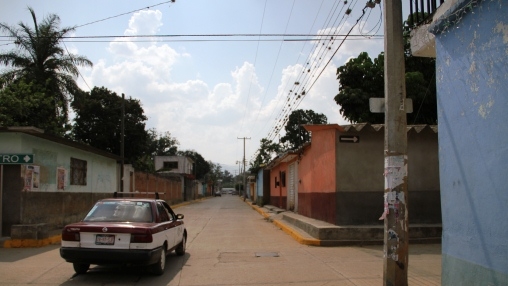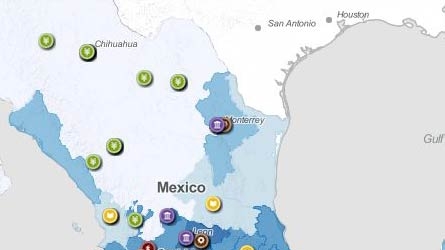Challenge
Affected by the global financial downturn of 2008, Mexico’s financial sector confronted worsening access to capital markets and distressed financial intermediaries in the housing sector. Domestic demand experienced a severe decline in 2009, when the country’s gross domestic product (GDP) contracted by 6 percent.
A severe contraction of external demand, particularly from the United States, and the effects of a severe flu outbreak added to the growing economic uncertainty and credit crunch. In addition, the bankruptcy of a large retailer, exposed to exotic exchange rate derivatives that bet on a continuous peso appreciation, froze the Mexican commercial paper market.
In this context of increasing risk aversion, com- mercial banks curtailed credit growth. To support the housing and commercial paper markets and to play a countercyclical role, public guarantee credit schemes were enhanced and Mexican public banks expanded their balance sheets.
Solution
The World Bank worked with the Government of Mexico to develop and implement a customized and innovative package of services to support growth and increase the resilience of the Mexican financial sector to external shocks. The services responded to four strategic pillars with a short and medium-term horizon: (i) strengthening the financial sector, (ii) improving crisis prepared- ness, (iii) supporting the implementation of countercyclical policies to support growth, and (iv) improving productivity of the Mexican economy to sustain economic growth. Between 2008 and 2011 the specific engagement of the Bank included:
Financial Services:
- Supporting low-income housing financing through a restructuring of the balance sheet of the Federal Mortgage Society (Sociedad Hipotecaria Federal – SHF).
- Customizing the financial conditions to manage roll-over and foreign exchange risks.
- Improving crisis resilience and improved business environment through budget support lending.
Knowledge services:
- High level mission led by the Bank’s Chief Economist in response to the mortgage housing crisis.
- Financial crisis simulation exercise.
- Evaluation of financial sector stability and development and formulation of medium-term reform agenda for the sector (Financial Sector Assessment Program, FSAP).
Convening services:
- Two Regional conferences on Development Banks and Competitiveness.
- Entrepreneurship Forum with CNN Expansion on Innovation and Entrepreneurship.

